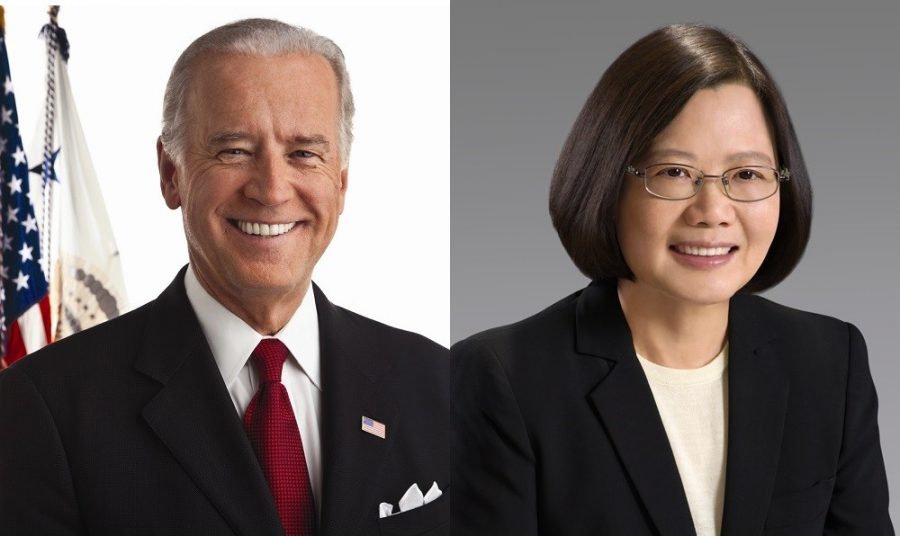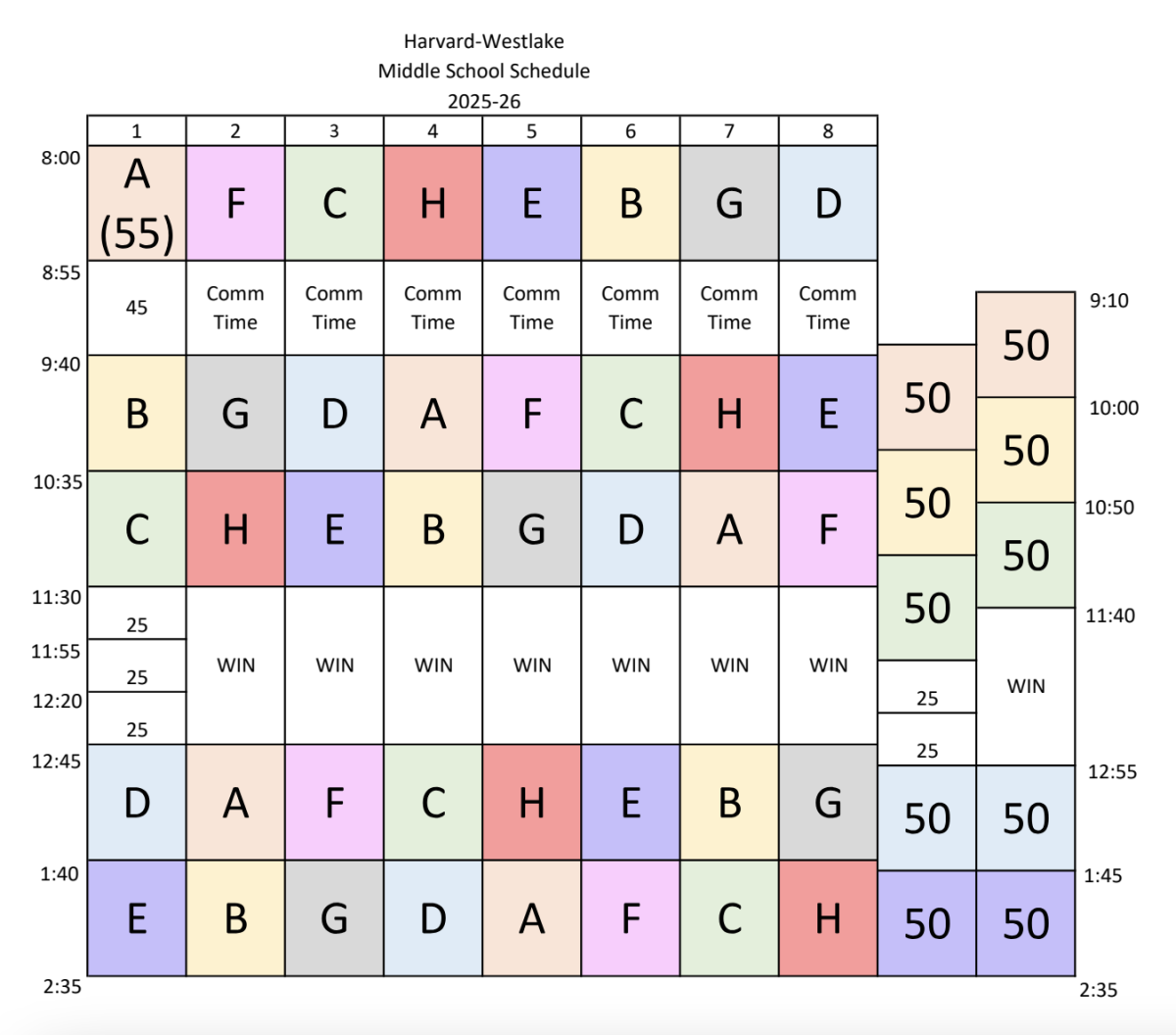The American “robust unofficial relationship” with Taiwan,as described by the American Department of State, has always been a complicated struggle between support for the semi-autonomous island democracy and hesitancy to disregard the increasingly powerful mainland Chinese government. This tightrope-balancing stance is called “strategic ambiguity” by American diplomats. Taiwan became the permanent housing place for Chinese Nationals who fought the incoming communist regime and fled upon the installation of a new government.
With them, they brought a desire for democracy that was recognized on a worldwide scale. China now claims Taiwan to be its 23rd provice, but the island declares its independence. The island has extremely limited recognition on an international scale. As the two entities have gone their separate ways, both have developed economically.
China is now home to the world’s largest population and second-largest economy. With the trade war between China and the United States, the only economy larger than it, relations are increasingly hostile as the United States presses China on its human rights record in places like Hong Kong and Xinjiang. In a rare similarity, both the former Trump and current Biden administrations have prioritized the competition with China, extensively criticizing the nation and calling its actions in Xinjiang “genocide,” a word saved for only a few of the most horrendous campaigns in history, according to the Washington Post.
Most recently, Biden announced plans to sell his first arms to Taiwan, who has made a desire for long-range missiles clear. Trump sold billions of dollars worth of weapons during his presidency, in addition to sending cabinet officials to Taiwan to meet with counterparts, a first in recognizing sovereignty. As the United States has recently developed even stronger ties, China is taking close watch over what it considers its own and hinted at threats towards possible advances on the island.
Officials on both sides of the Pacific say that Taiwan could be the biggest contributor to future US-China animosity. In the United States, many experts want a clear declaration of Taiwan’s defense. In “Foreign Affairs” magazine, president of the Council on Foreign Relations Richard N. Haass wrote “The time has come for the United States to introduce a policy of strategic clarity: one that makes explicit that the United States would respond to any Chinese use of force against Taiwan.”
Politicians on both sides of the aisle have demonstrated clear support for this policy that they say is a more hawkish, but necessary endeavor. There is great trade potential for both countries, as Taiwan is the United States’ ninth-largest trading partner, and in turn is the second-largest partner for the island. Taiwan leads the world in semiconductor production, providing essential microchips for the world’s technological consumption. Improving trade ties would benefit both nations, but the main question for the United States remains how far to go to avoid provoking an increasingly strong China.
With the latest actions, both sides have explicitly outlined their contingency plans for coming to Taiwan’s defense should the other side advance. Yet Taiwan has made it clear the United States is a valuable ally, and China has no right to assert authority.











